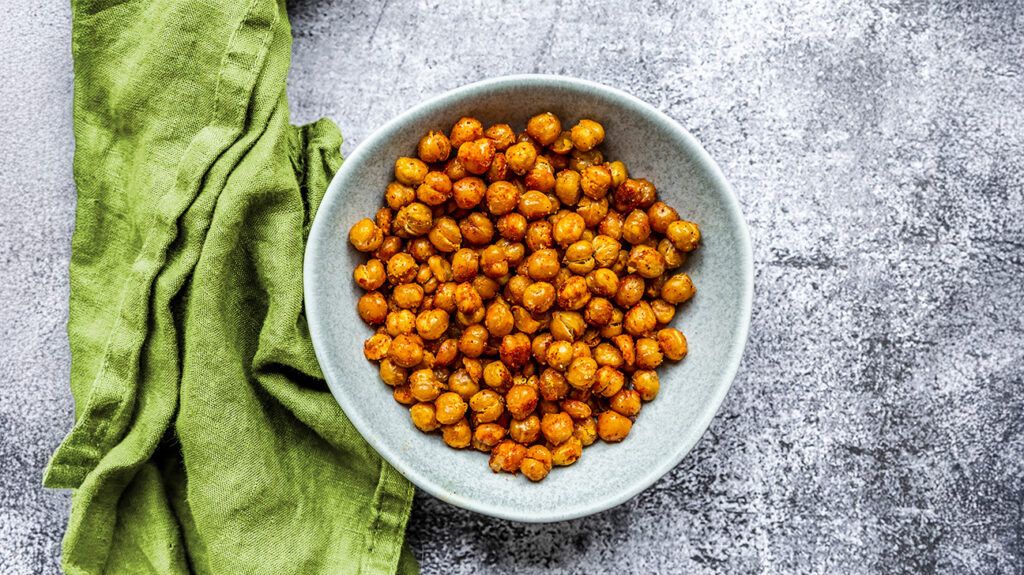Insect Protein as a Sustainable Solution for Healthy Aging and Climate Change Mitigation

Insect protein emerges as a sustainable and nutritious solution to support healthy aging and combat climate change, offering a promising future for food security worldwide.
As the global population approaches 10 billion by 2050, the demand for protein-rich foods continues to rise, posing significant challenges for food security and environmental sustainability. In particular, aging populations, such as in Ireland, require increased protein intake to maintain health and independence; however, traditional protein sources like beef, pork, and poultry are resource-intensive and contribute substantially to greenhouse gas emissions.
Recent research suggests that edible insects—such as crickets, mealworms, and grasshoppers—could provide a promising alternative. Insects are densely packed with high-quality protein, healthy fats, and essential minerals like iron and zinc. Notably, some insect species may offer nutritional levels comparable or superior to conventional meats. Moreover, insect farming requires remarkably less land, water, and feed, and produces far fewer greenhouse gases. For instance, crickets need twelve times less feed than cattle to produce an equivalent amount of protein, making them an extremely sustainable food source.
This sustainable aspect makes insects particularly appealing for countries like Ireland aiming to reduce their environmental impact while ensuring adequate nutrition for all, including older adults vulnerable to muscle loss and frailty. Despite these advantages, consumer acceptance remains a key obstacle. Many individuals hesitate due to perceptions of disgust, fear of the unknown, or unfamiliarity with preparing insect products. Studies show that the taste, texture, and visual presentation influence willingness to try insect-based foods.
To increase acceptance, researchers advocate for serving insects in processed forms, such as powders added to familiar foods like protein bars, pasta, bread, or burgers. Educational initiatives can also play a vital role in changing perceptions; when people understand the environmental benefits and health potential, they are more likely to try insect-based foods. Clear food safety standards and accessible, affordable products are crucial for consumer confidence.
Community-based activities like cooking demonstrations and taste tests, along with educational campaigns, can further normalize insect consumption and dispel misconceptions. As more individuals try and share their positive experiences, the stigma around insects as food can diminish. Ultimately, integrating insect protein into diets worldwide offers a dual benefit: supporting healthy aging and contributing to climate change mitigation, fostering a sustainable future for food security.
Source: https://medicalxpress.com/news/2025-05-insect-protein-healthy-aging-climate.html
Stay Updated with Mia's Feed
Get the latest health & wellness insights delivered straight to your inbox.
Related Articles
Can Eating Mango Daily Help Prevent Diabetes?
Recent research reveals that daily mango consumption may offer protective benefits for prediabetics, emphasizing the importance of whole foods and nutritional context in diabetes prevention.
Innovative Framework Developed for Classifying Processed Foods Based on Health Impact
Researchers introduce a new, science-based system for classifying processed foods by their health impact, helping consumers and manufacturers make informed choices and advancing nutrition science.
Supermarket Promotions for Infant and Toddler Foods Do Not Align with Dietary Recommendations
Research finds that supermarket promotions of baby and toddler foods often promote products that do not align with national dietary guidelines, raising concerns about early childhood nutrition and marketing practices.
Eating Beans Daily May Help Lower Cholesterol and Reduce Inflammation
Discover how daily consumption of chickpeas and black beans can reduce inflammation and lower cholesterol, promoting better heart health and metabolic wellness.



